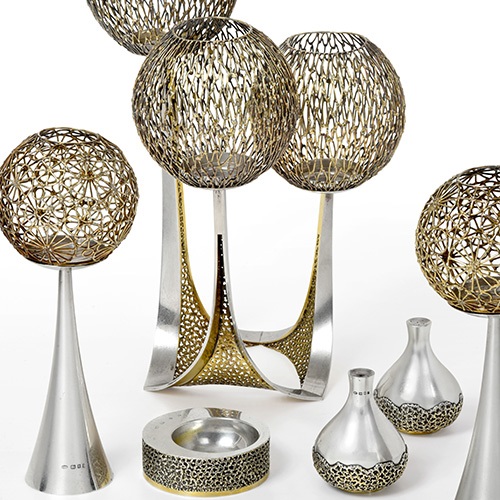A legendary 19th century sporting rivalry was immortalised by the Staffordshire potteries in the form of a pair of bare-knuckle boxers – Cribb and Molineaux – a set of which are coming up for sale in Tennants Auctioneers’ Autumn Fine Sale on 13th November (estimate: £3,000-5,000 plus buyer’s premium). Whilst many of the finer details about the lives and fights of the boxers have been embellished and romanticised to the point that it is difficult to establish the salient facts, there is little doubt the contest for the boxing world title was one of the greatest sporting spectacles of the era, and one which was not without its controversies.
Tom Cribb was born in Bristol in 1771, the son of a coal worker. A gifted boxer, he took the British bare-knuckle fighting title in 1807 from Jem Blecher in a 41-round match. Two years later, Tom Molineaux arrived in London from Virginia via New York in search of fame and fortune, destined to become the first fighter from the United States to box for a world title. The truth behind Molineaux’ early years is confusing and likely greatly embellished; some accounts have him born into slavery and gaining his freedom along with $500 by winning a fight on which the plantation owner had staked $100,000. Other accounts suggest he was the son of America’s first black boxer – Zachary Molyneaux. After his arrival in London, Molineaux was taken under the wing of Bill Richmond, the first black man to gain international recognition as a boxer. Twenty years’ senior to Molineaux, he became the young man’s trainer, manager and promoter.
Cribb and Molineaux first met when Molineaux came up against the boxer Jack Burrows, who was seconded by reigning champion Tom Cribb. Molineaux beat Burrows, and then challenged Cribb who refused to accept. A further challenge was issued at a subsequent fight, when again Cribb was acting as the second to Molineaux’ defeated opponent and this time the challenge was accepted. Cribb began training whilst Molineaux spent his time giving sparring lessons, getting into scrapes, and drinking. Indeed, it is recorded that on the morning of the fight Molineaux ate a boiled chicken, and apple pie and ½ a gallon of beer.
In front of a vast crowd in Shenington Hollow, Oxfordshire, in December 1810 the pair battled it out in a tough match. Despite being the expected underdog, at one point younger boxer Molineaux nearly won; Cribb was on the floor, but unwilling to see the young black man gain the title, Cribb’s supporters intervened to create a disturbance (one account has them accusing Molineaux of holding steel balls in his hands). Their intervention bought enough time for Cribb to recover, and the fight continued. Eventually Molineaux could fight no more, collapsing unconscious. Having successfully defended his title, Cribb promptly retired.
Three days later Molineaux challenged Cribb to a rematch; initially the champion refused, but such was the demand from the public that he agreed to fight. The pair met again in the ring in September 1811, when Cribb broke Molineaux’ jaw before putting him on the ground after just 19 minutes. Cribb retired a champion and was feted as a sporting hero until he died at the ripe age of 66. Molineaux, however, saw his early success wane, loosing big fights and keeping himself afloat by taking part in exhibition fights. After a spell in debtor’s prison, he travelled to Ireland where he fought in exhibition bouts in return for drinks, and he is reported to have looked like a ‘walking skeleton’. He died penniless in Dublin of liver failure at just 34 years old.
View Sale











